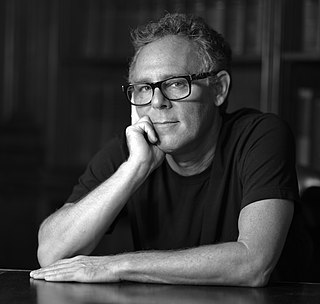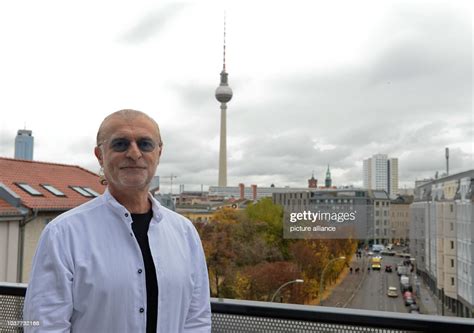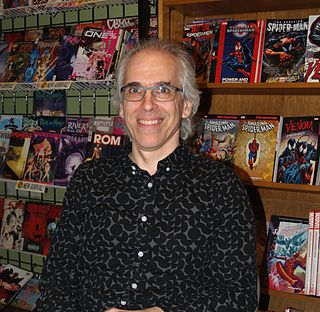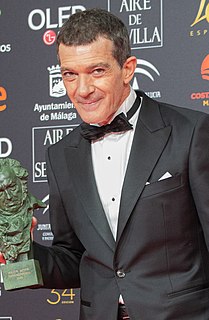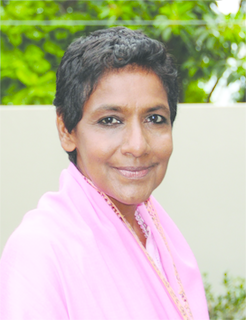A Quote by Bryan Burk
It's interesting because the way J.J. cuts - we're very close with our editors as well, so it's kind of the first cut and then he went back and started tightening things up, etc, then loosing things when it was too tight. Then you start watching it and you start figuring out performance - not performance, character-wise I should say, who you're really able to follow, whose journey is harder to follow, and you make all that work.
Related Quotes
With every song, all the elements have to work. First, the beat has to be great - you start there. You start with the music, and then the ideas follow. Then you start thinking of rhymes, and then you record it, and sometimes - this happens to me a lot - it doesn't come out as good as it did in my head when I first wrote it.
Nine out of nine architects start with a sketch, and then they say, 'What should we make it out of?' I start from the bottom up - what should it be made out of - and then I worry about what should it look like. The material, the color of the material, the way it feels, and the way you respond to it is every bit as valid as the form or the shape.
Things like rhyming - it just wasn't falling out of my head that way. So I started to get quite freaked out that I just couldn't write anymore. And then I just kind of went with it, and thought that, "This is the way that my brain's working," in a more direct way, then I should just try it like that for this album. And follow it. Just went with the writer's block, almost - it's a strange thing.
Speaking for myself, but [Kriota] probably [agrees], I don't do different things because I have to, but certainly my career's taken a lot of twists and turns because things work out for a while and then something shifts and they don't. I went into illustration as a way of supporting my comics career. Then I got really interested in performance and I knew that was always going to be more of a hobby, but that's something I've kept doing.
After my early days of being a passionate young Elvis fan, Chuck Berry, Little Richard, etc. I got interested in Ray Charles and Ella Fitzgerald. Then I got turned on to the blues. I realized how important it was to our music in England at the time. Everyone was into the blues. Then you start looking at the different kinds of blues, and you follow the journey backwards from Chicago to earlier times back down to the Delta to the Memphis Blues.
[Buckminster Fuller] was quite willing to talk. He'd talk at the drop of a hat.I learned to talk in front of people by listening to the way he did things. Because he would give lessons in how to lecture. He would say, "Never take a note, just stand up and start babbling. And then eventually you're going to be able to make some coherent statements, and so it's like you're vamping. And then people will gradually start to listen to you when this spot of logic shows up in this torrent of verbiage.
I'm going with Charlotte Rampling. In 45 Years [movie], you start out feeling so bad for her, and then it kind of shifts. I don't know how long you have to act to be able to say everything when you say nothing. The acting feels so real. It's not a fluke that a movie that probably no one's heard of, an actress performance comes out of it.
If the lecture is good, then everything is too smooth. That's the same in music: if the performance is too good, you really don't enjoy it, because it just goes by, and you can never penetrate into the heart of it. Sometimes a poor performance is better for enjoyment, because you can look at those things that were wrong and analyze them.
It's very hard, I think, for critics to write positive reviews, because there's not that much to say about something you like. You can kind of say 'I really like that band' and then if you're forced to fill up the rest of an article, you've got to start saying heady things. It's much easier to say negative things in a review.
My job is really to... everyone is reading the script, and my job is to make sure we all interpret it in as much the same way as possible. And then I give them the freedom to sort of - to get their performance across and then make suggestions where things are not working and accentuate and push things where they really are working.
We think that we have to do so many things and it's unfortunate, entire modern society is besotted with the do-ables, we have to do this, we have to have a half-hour of yoga, an hour of meditation, 2 hours of this, and then 12 hours of work and non-stop electronic gadgets, gizmos etc. etc., and then go home and take care of the family, and then take the children to wherever, and what tends to happen is we do way too much. The society does way too much. One of the greatest things in healing is try for just one day to do nothing. Very difficult.
